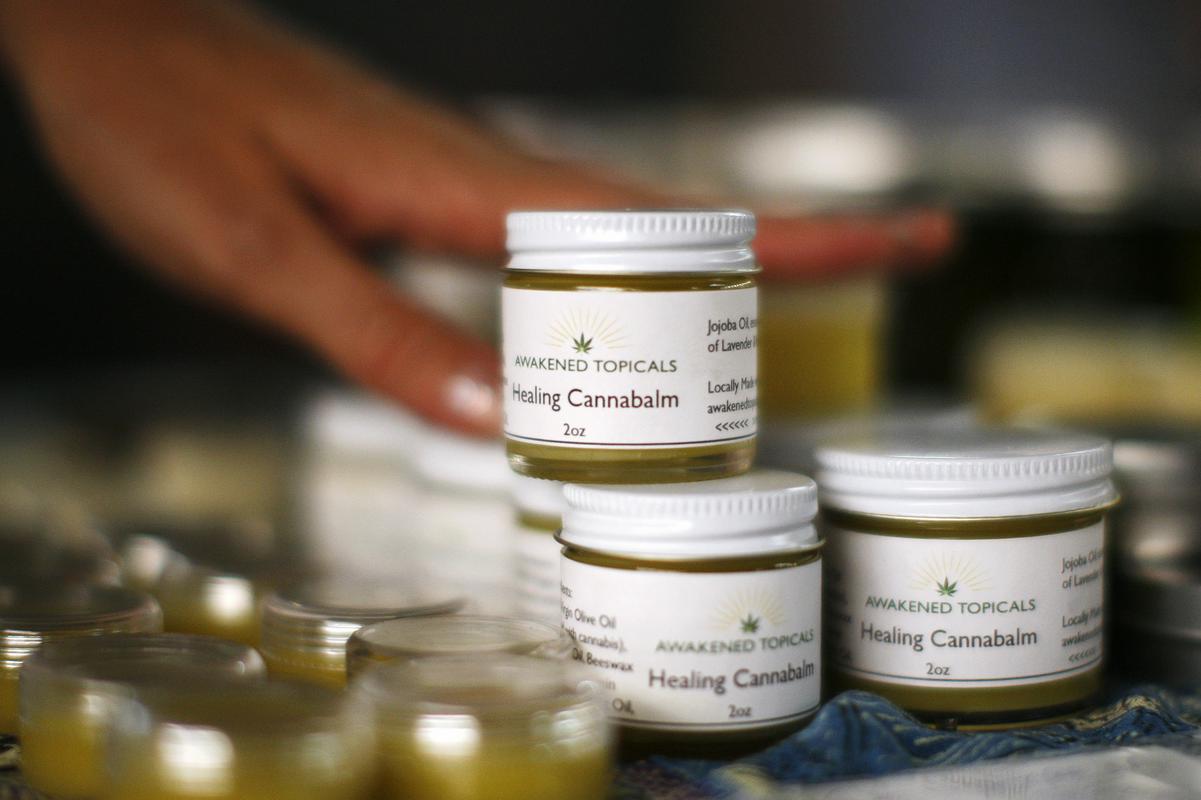
Some try to get to them on the black market, even though the quality of drugs purchased in that way are questionable. Research done by pediatric neurologist David Neubauer M.D. PhD shows that the number of seizures epileptic children using medical cannabis suffer decrease by as much as 75 percent. Oncology patients also often reach out for medical cannabis.
However, the fact that the use of cannabis buds for medical purposes is allowed in Slovenia, does not mean that growing the plant is made possible. "In order to make it possible to grow marijuana, we first need to amend the Act on the Production and Trade with Illicit Drugs, and include more detailed regulation on its cultivation," is what Jože Hren from the Ministry of Health told us. The basic rules on growing marijuana for medical purposes are defined in UN’s Single Convention on Narcotic Drugs from 1961. The Ministry of Health says that according to the convention states have to fulfill strict conditions and have an absolute monopoly over the cultivation of cannabis. "That also includes specifying and securing land locations for the cultivations, a guaranteed purchase of the whole produce by state offices and supervising the quality." Following a recent consultation meeting between representatives from Austria, the Netherlands, and the Czech Republic, Mr. Hren said that in each of the above-mentioned countries there is one producer of medical cannabis who has been given a mandate by the state. The state then purchases the whole produce from the grower and takes care of its distribution. In the Netherlands, between 2,000 and 2,200 people are currently involved in programs for treatment with medical cannabis. The number in the Czech Republic is between 100 and 150 people. "Slovenia’s medical profession has been called on several occasions to prepare guidelines for the treatment of patients with medical cannabis. So far that has only been done by the expert college of oncologists. Our neurologists will hold a meeting on the issue in autumn," added Hren.
A civil initiative for self-sufficiency
Civil society groups are especially critical towards state politics, which have introduced the use cannabis for medical purposes, but have not envisaged the possibility of self-sufficiency. "The regulation has not changed anything. It has only made it possible for pharmaceutical companies to be able to sell, while for the others it doesn’t really change anything," is the opinion of Janko Pirc, one of the advocates for legalizing the cultivation of cannabis for personal use. "We demand that cannabis be removed from the groups of illicit drugs, so that we can focus on self-sufficiency," says Jaka Bitenc from the Slovenian Cannabis social club.
The ones we talked to highlighted the numerous benefits that the legalization of the cultivation of cannabis would bring. "More healthy citizens, more money, better regulation, less criminal prosecutions and less stigmatizing of people and their treatment as criminals when caught with cannabis," says Rok Terkaj, the founder of the konoplja.net web portal. Tanja Cvetrežnik from the Hopla Konoplja NGO says that it would be necessary to define the amount of land surface on which individuals can try become self-sufficient. Everything bigger than that, used by small and big producers, would then have to be regulated and supervised. Experts opposing the concept of self-sufficiency warn that while preparing home mixtures there can be no clarity in the content of different psychotropic substances. But Cvetrežnik says that "the content can easily be checked in a laboratory. It isn’t rocket science, so that we can’t find out what’s inside."
The Sativex drug for 700 euros a month unaffordable for most patients
The Institute of Oncology has been helping patients with synthetic drugs for more than two years now. Slavica Lahajnar Čavlovič from the institute says the drugs are used not only for alleviating pain, but also for treating disease progression symptoms. "The majority of patients which receive cannabinoids, prescribed by the Institute of Oncology, are in palliative care." The use of such drugs is otherwise extremely rare. "In these two and a half years, since having the magistral drugs, drops, and combinations of THC and CBD, we have only issued 38 prescription bottles." Oncology patients get the synthetic drugs at the institute and in pharmacies.
Rok Kužel, Posebna ponudba; translated by K. J.

































































